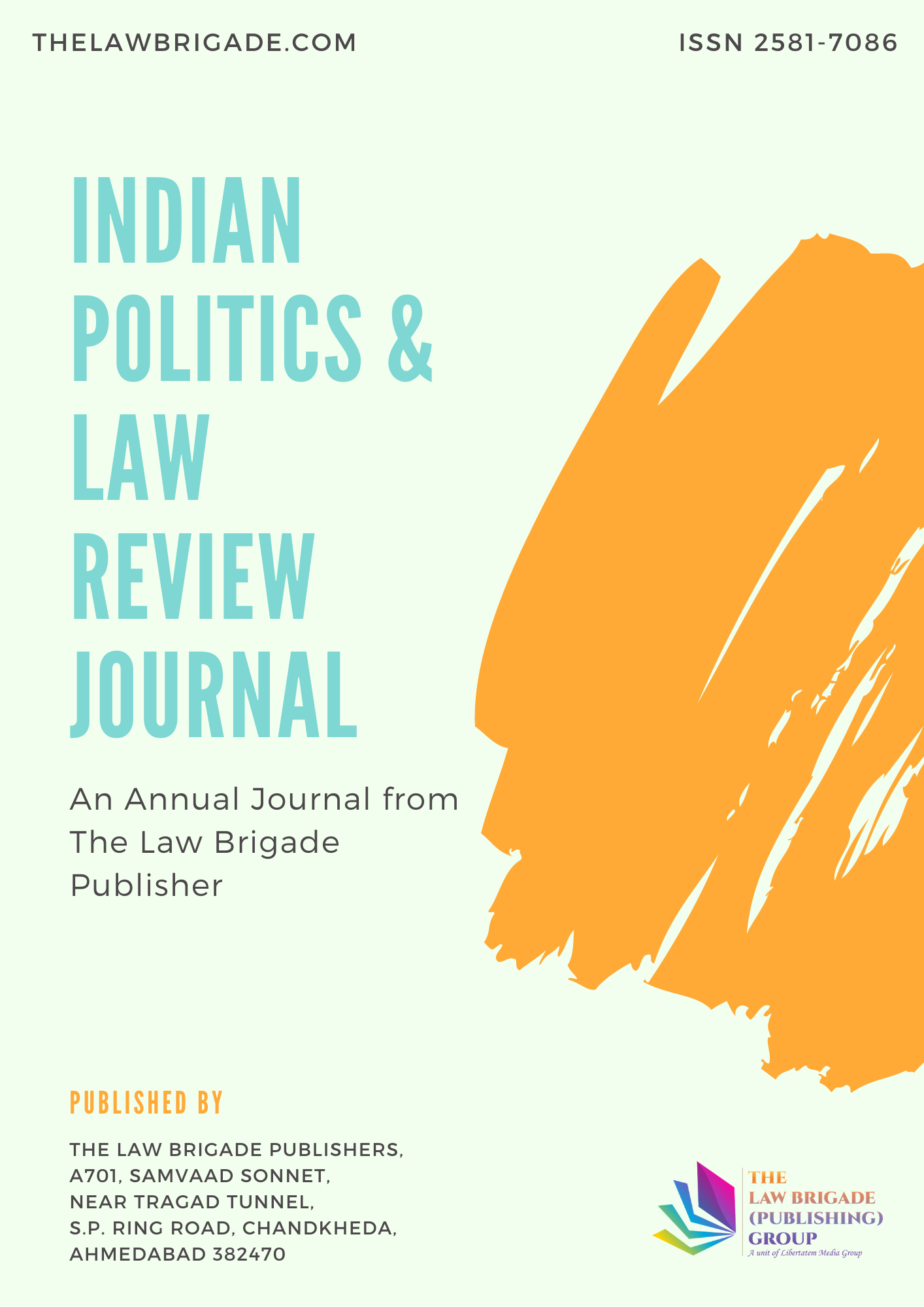“Don’t interfere with anything in the Constitution. That must be maintained, for it is the only safeguard of our liberties.”
-Abraham Lincoln
The Indian judiciary has been debating for a long time about which rights should be included within the framework of fundamental rights, in particular the right to life within the scope of Article 21. Previous opinions have already developed that life is not merely an animal existence-it should be a civilized quality of life.
In this paper, the inclusion of the right to sleep within the ambit of the right to life has been discussed, with special reference to the 2011 case of Re-Ramlila Maidan Incident Dt. 4/5.06.2011 vs Home Secretary and Ors among others. In this situation, Baba Ramdev’s sleeping followers were violently chased away by the police force at 1 a.m., which necessitated the conversation about sleep as part of life. Following the incident, the question arose as to whether, when implementing justice, the State should consider people’s sleep schedule as a significant factor, and to what degree.
Police sought to justify their conduct through a variety of legislations, such as the Code of Criminal Procedure and the Indian Constitution itself, which places fair limits on the exercise of the fundamental rights of an individual. In this situation, the Supreme Court of India started to decide on the balance between the people’s right to sleep and the state’s preservation of peace thus leading to the provision of a landmark judgement. This research provides a thorough analysis of the facts and arguments of the case, along with the Court’s rationale behind the judgment throwing light on the criticisms of the judgement as well.
An attempt has been made to comprehensively discuss the right to sleep for now it has been established a part of the Indian Constitution once and forever by the Supreme Judiciary itself.





